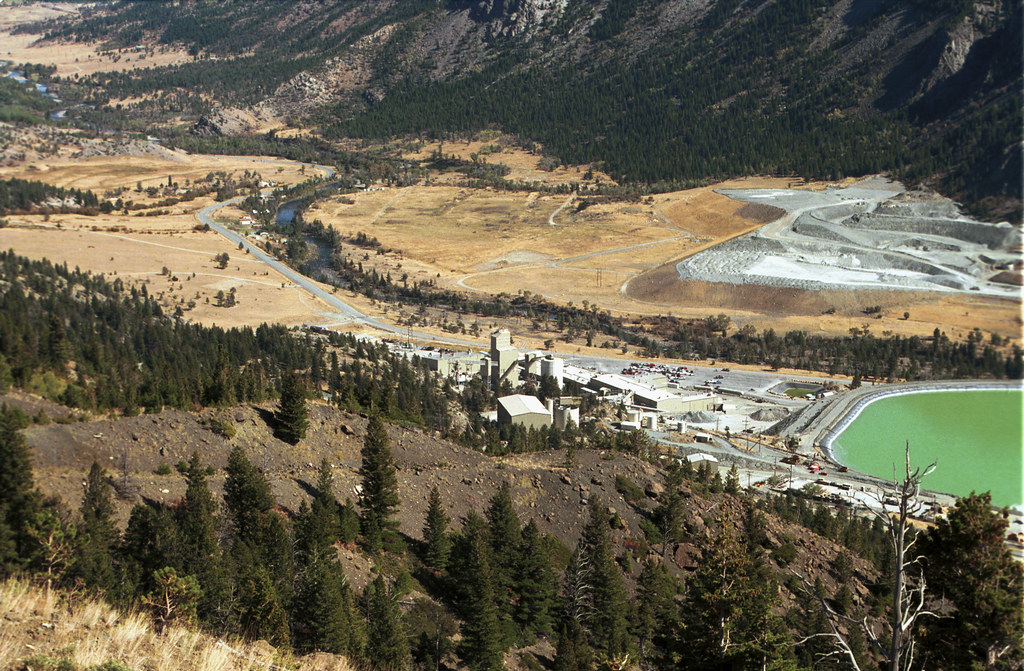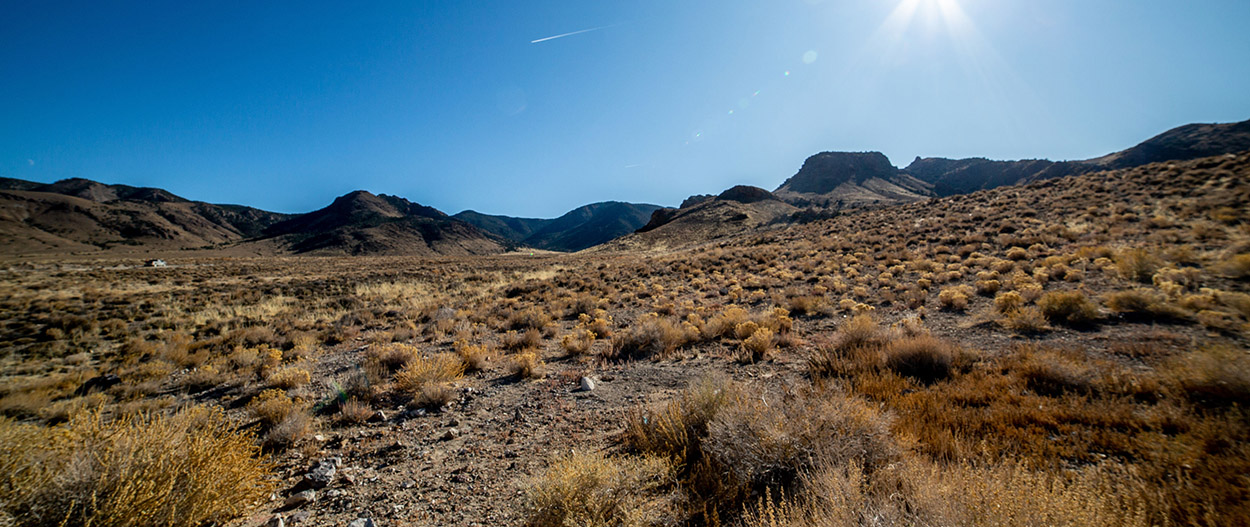
Sibanye-Stillwater (NYSE:SBSW), a South African precious metals mining company, has inked a deal with private equity firm Appian Capital Advisory for two nickel and copper mines in Brazil. The deal is valued at $1 billion. The transaction also includes a 5% net smelter return royalty (NSR), valued at approximately $218 million for future underground production from Santa Rita. CEO Neal Froneman has said it is one of the ten biggest open-pit nickel sulfide assets producers in the world.
Froneman said, “The transaction represents a unique opportunity for Sibanye-Stillwater to acquire significantly pre-developed and pre-capitalized, low-cost, producing nickel and copper assets.”
Appian will also keep its investment exposure to the upside potential of the two assets in question, through NSRs. These will be equal to a 35% stream on gross gold revenues in the case of Meracao Vale Verde. Appian will also retain 100% ownership of the Pereiro Velho gold exploration property after the acquisition.
The highly valuable project has long-term upside potential that Appian, a London-based firm, does not want to give up completely.
This is Sibanye’s fourth battery metal investment this year, following a recent transaction in September for 50% of ioneer Ltd’s lithium-boron project in Nevada. The deal spree comes as the company aims to boost its growing battery materials portfolio.
Battery Metals Battles
Miners are scrambling to acquire battery metals assets for nickel, copper, and lithium mining as the race for the decarbonization of the global economy heats up. Metals like these are used for batteries in electric vehicles and consumer products like laptops, smartphones, and more.
Countries aiming to hit their Paris Climate Accord agreements will need to expand their use of renewable energy and store that energy in high-density, high-efficiency batteries. Lithium-ion batteries are typically used and require the materials miners are exploring, developing, and producing now.
Appian had initially acquired Santa Rita when the previous operator, Australia’s Mirabela Nickel, went bankrupt and needed to sell off its assets. Its Atlantic Nickel unite resumed production at the mine in 2020.
The open-pit mine is expected to last until 2028, at which point it will be transitioned into an underground mining operation to extend the life of the mine from eight to 34 years. Annual production for the open-pit mine is estimated at 16,000 tonnes nickel-equivalent per year. Sibanye has another acquisition target, Mineracao Vale Verde, which has not finished construction of the Serrote copper-gold mine in easter Brazil. That target could product an additional 20,000 tonnes of copper-equivalent every year for the next 13 years. Both acquisitions would expand the Australian company’s presence in the battery metals space and allow it to command a larger footprint in the industry.
Nickel and copper in particular have been the commodity stories of the year, with prices rising month after month in what some are calling a “copper supercycle”. While the more traditional use of nickel is for processing stainless steel into kitchen appliances and utensils, some types of the material can be processed into battery precursor materials.
Those materials then find their way into EV batteries and other types of products needs for the storage and transfer of electricity. A shortage of copper, cobalt, nickel, and other battery metals is what is driving the market higher. Miners are now scrambling to invest in the space to bring supply to meet the demand that continues to grow every quarter.
The above references an opinion and is for information purposes only. It is not intended to be investment advice. Seek a licensed professional for investment advice. The author is not an insider or shareholder of any of the companies mentioned above.

Precious metal miner Sibanye-Stillwater (NYSE:SBSW) has bought a 50% stake in the pioneer Ltd. Rhyolite Ridge mine in Nevada. The lithium-boron project has the potential to become the largest lithium mine in the US, according to Sibanye’s CEO.
This is Sibanyes’ third investment this year, after Eramet acquired a 30% stake in the Cone Lithium mine in Finland and Eramet’s purchase of a nickel processing plant in Normandy. The deal, one of the largest lithium deals in the US, and comes amid growing concerns about more investment as demand for the metal outstrips supply and efforts to combat climate change could be delayed. The companies say they will form a joint venture to develop Rhyolite Ridge lithium mine 355 km north of Las Vegas.
ioneer will remain the operator of the project, leveraging Sibanye’s (NYSE:SBSW) experience as the world’s largest platinum group metals (PGM) miner to develop the project. Silbanye-Stillwater has agreed to underwrite a strategic placement of new common shares of Ioneer for $70 million, representing 7.1% of the share capital after the placement.
The miner said it had already begun securing debt financing to finance the remainder of the $850 million project. According to the company, the full funding and necessary permits are expected by the end of next year and the project is expected to start by the end of 2024. This would bring a critical project online at just the right moment with rising prices and a lack of supply converging into some of the most favourable conditions for lithium miners in history.
Sibanye-Stillwater chief executive Neal Froneman, commented: “Rhyolite Ridge is a world-class lithium project and we recognize its strategic value, with the potential to become the largest lithium mine in the US,”
Perfect Timing
Once operational, the Nevada mine is expected to produce 2,200 tons of lithium hydroxide, which is used in most Tesla batteries and will fuel the electric vehicle boom for other automakers as well.
Auto giants such a Volkswagen Group, Toyota, Mercedes-Benz, and BMW all have plans to develop their electric vehicle lines further. The need for high-density batteries is one of the critical points of concern for the supply chain, and miners will be a large part of stabilizing supply.
The deal also includes the rights for ioneer to expand operations at nearby lithium deposits, in which case the company has the option to pay an additional $50 million to secure a 50% interest in the project. The project is at an advanced stage and is the largest and most durable lithium project near Tesla’s Gigafactory in the nearby Port of California. The proximity of the project to the Gigafactory and the battery production facilities housed there is a good setup for simple infrastructure and distribution in the future.
The proposed mine is intended to boost local lithium supplies to U.S. automakers and battery manufacturers. In June, ioneer signed an agreement to supply lithium carbonate units to South Korean battery manufacturer Ecopro. This is likely to be just the tip of the iceberg for the sector as it is heating up quickly with new deals announced regularly and M&A a pivotal part of many lithium miners’ strategies.
The above references an opinion and is for information purposes only. It is not intended to be investment advice. Seek a licensed professional for investment advice. The author is not an insider or shareholder of any of the companies mentioned above.
If you would like to receive our free newsletter via email, simply enter your email address below & click subscribe.
CONNECT WITH US
Tweets
Tweet with hash tag #miningfeeds or @miningfeeds and your tweets will be displayed across this site.
MOST ACTIVE MINING STOCKS
Daily Gainers
 Ratel Group Ltd. Ratel Group Ltd. |
RTG.TO | +60.00% |
    |
ERL.AX | +50.00% |
    |
MRQ.AX | +50.00% |
        |
AFR.V | +33.33% |
    |
CRB.AX | +33.33% |
        |
GCX.V | +33.33% |
        |
RUG.V | +33.33% |
        |
CASA.V | +30.00% |
        |
BSK.V | +25.00% |
        |
PGC.V | +25.00% |
Articles
FOUND POSTS
Arras Minerals (TSXV:ARK) Updates on Elemes Drill Program in Kazakhstan
December 19, 2024
Potential Trump Tariffs Could Reshape Copper Market Dynamics in 2025
December 17, 2024

 Follow us on Twitter
Follow us on Twitter Become our facebook fan
Become our facebook fan







